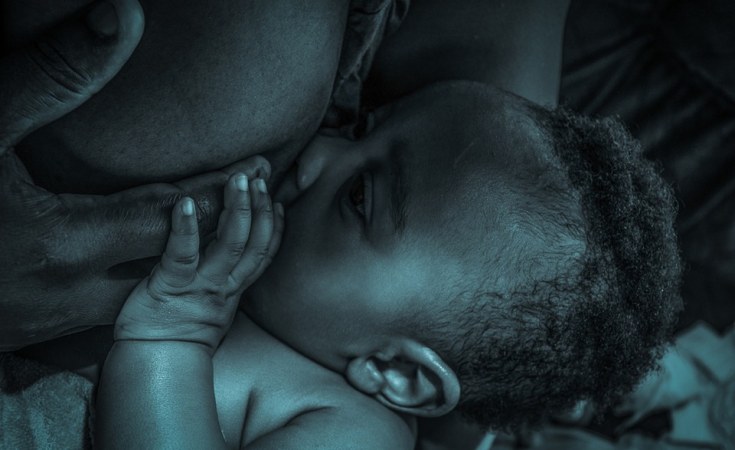The global agencies reiterated the importance of breastfeeding as the ultimate child survival and development intervention in a child's life.
In the last 10 years, the prevalence of exclusive breastfeeding has increased by 10 per cent, to 48 per cent globally, according to the World Health Organisation (WHO).
To commemorate World Breastfeeding Week, WHO made the disclosure Tuesday in a joint statement with the United Nations Children's Fund (UNICEF) as published on its website.
Through World Breastfeeding Week, under the theme, "Let's Make Breastfeeding at Work, Work", UNICEF and WHO emphasised the need for greater breastfeeding support across all workplaces to sustain and improve progress on breastfeeding rates globally.
According to the global agencies, countries as diverse as Cote d'Ivoire, Marshall Islands, the Philippines, Somalia and Vietnam have achieved large increases in breastfeeding rates.
To reach the global 2030 target of 70 per cent, the agencies noted that the barriers women and families face in achieving their breastfeeding goals must be addressed.
Workplace impact
According to the statement, breastfeeding rates drop significantly for women when they return to work but can be reversed when workplaces facilitate mothers to continue to breastfeed their babies.
"Family-friendly workplace policies - such as paid maternity leave, breastfeeding breaks, and a room where mothers can breastfeed or express milk - create an environment that benefits not only working women and their families but also employers," the statement read.
"These policies generate economic returns by reducing maternity-related absenteeism, increasing the retention of female workers, and reducing the costs of hiring and training new staff."
The global agencies reiterated the importance of breastfeeding as the ultimate child survival and development intervention in a child's life.
The report further noted: "Breastfeeding protects babies from common infectious diseases and boosts children's immune systems, providing the key nutrients children need to grow and develop to their full potential.
"Babies who are not breastfed are 14 times more likely to die before they reach their first birthday than babies who are exclusively breastfed."
Breastfeeding in Nigeria
In 2022, UNICEF and WHO decried the poor exclusive breastfeeding status of nursing mothers in Nigeria, saying over 70 per cent of infants are denied its benefits.
The agencies revealed that the exclusive breastfeeding rate in Nigeria was 29 per cent, adding that only nine per cent of organisations had a workplace breastfeeding policy.
Recommendations
To support breastfeeding in the workplace, UNICEF and WHO urged governments, donors, civil society, and the private sector to step up efforts to ensure a supportive breastfeeding environment for all working mothers.
The agencies recommended that workplaces should provide sufficient paid leave to all working parents and caregivers to meet the needs of their young children and increase investments in breastfeeding support policies and programmes in all settings.
It added that the national policy and programmes should regulate and promote public and private sector support for breastfeeding women in the workplace.


